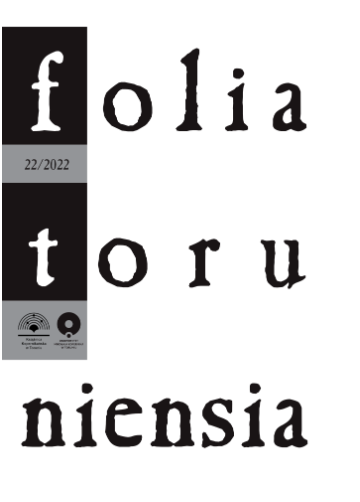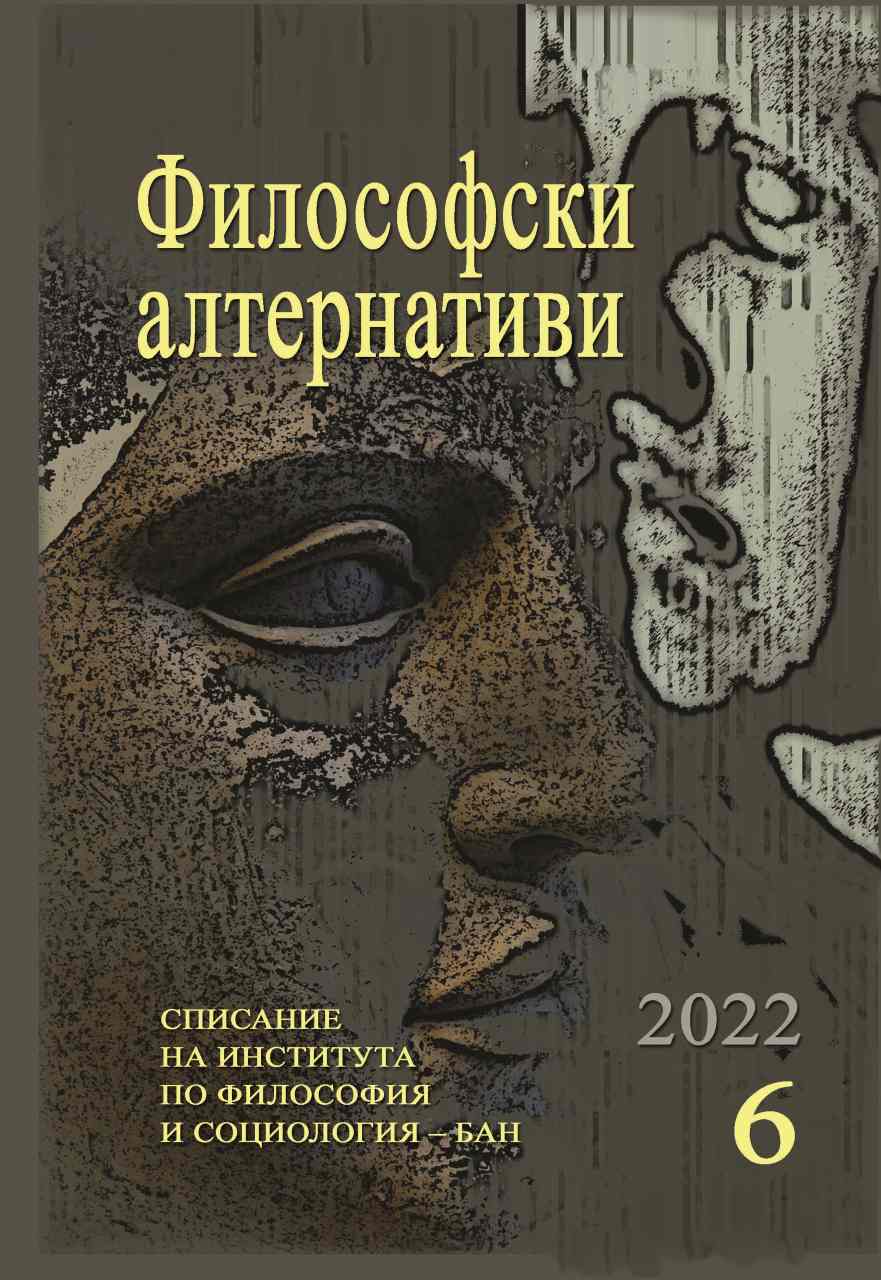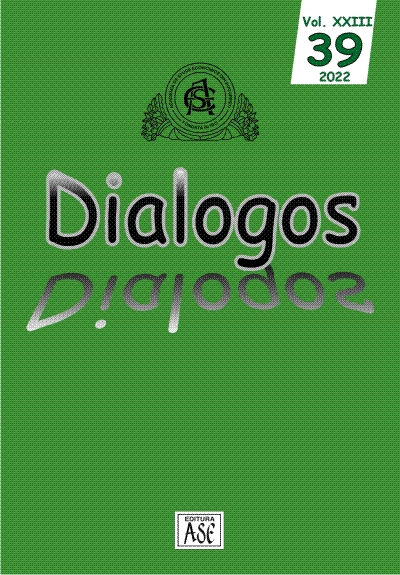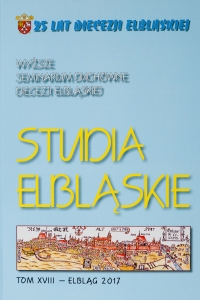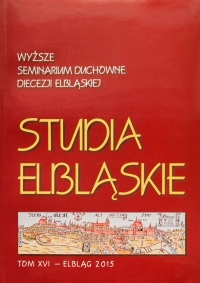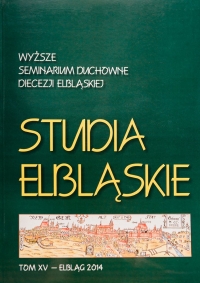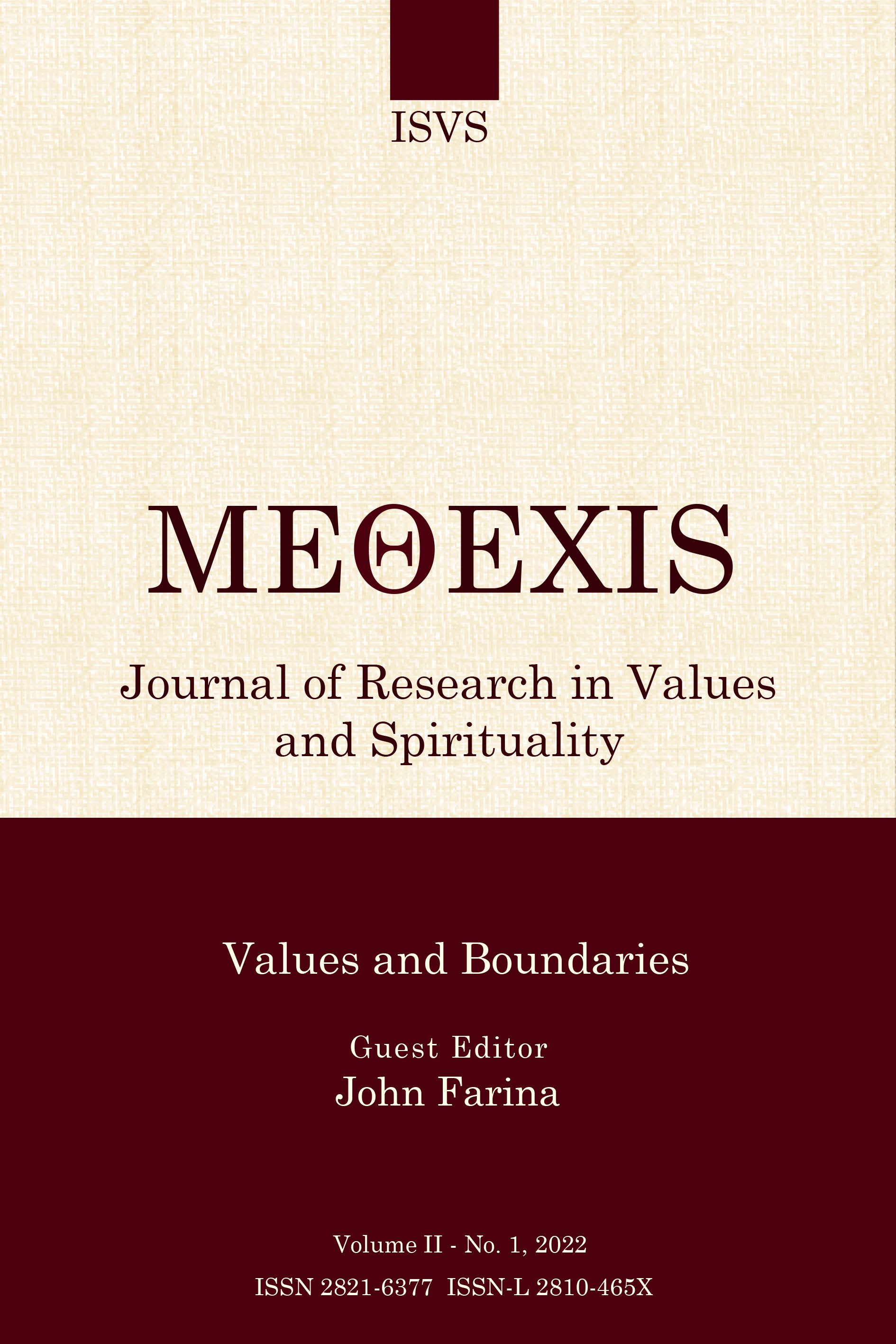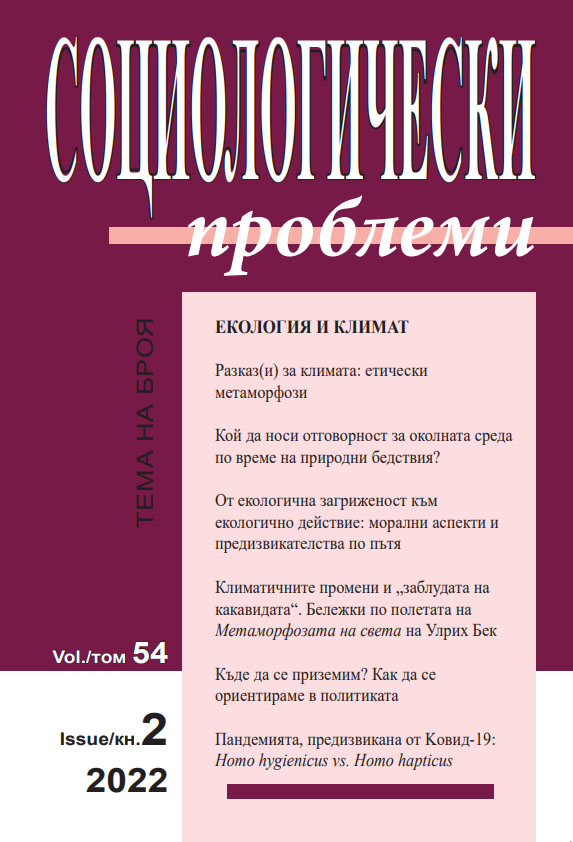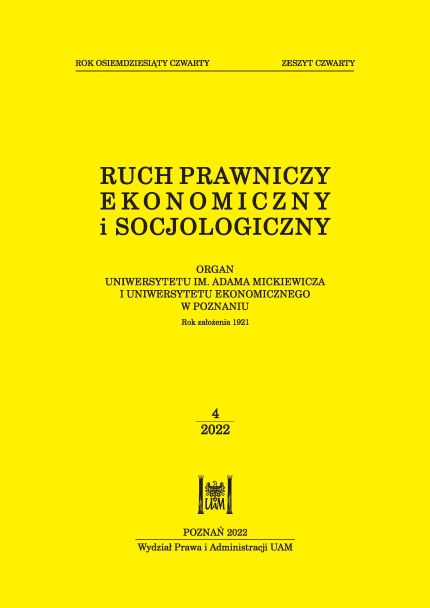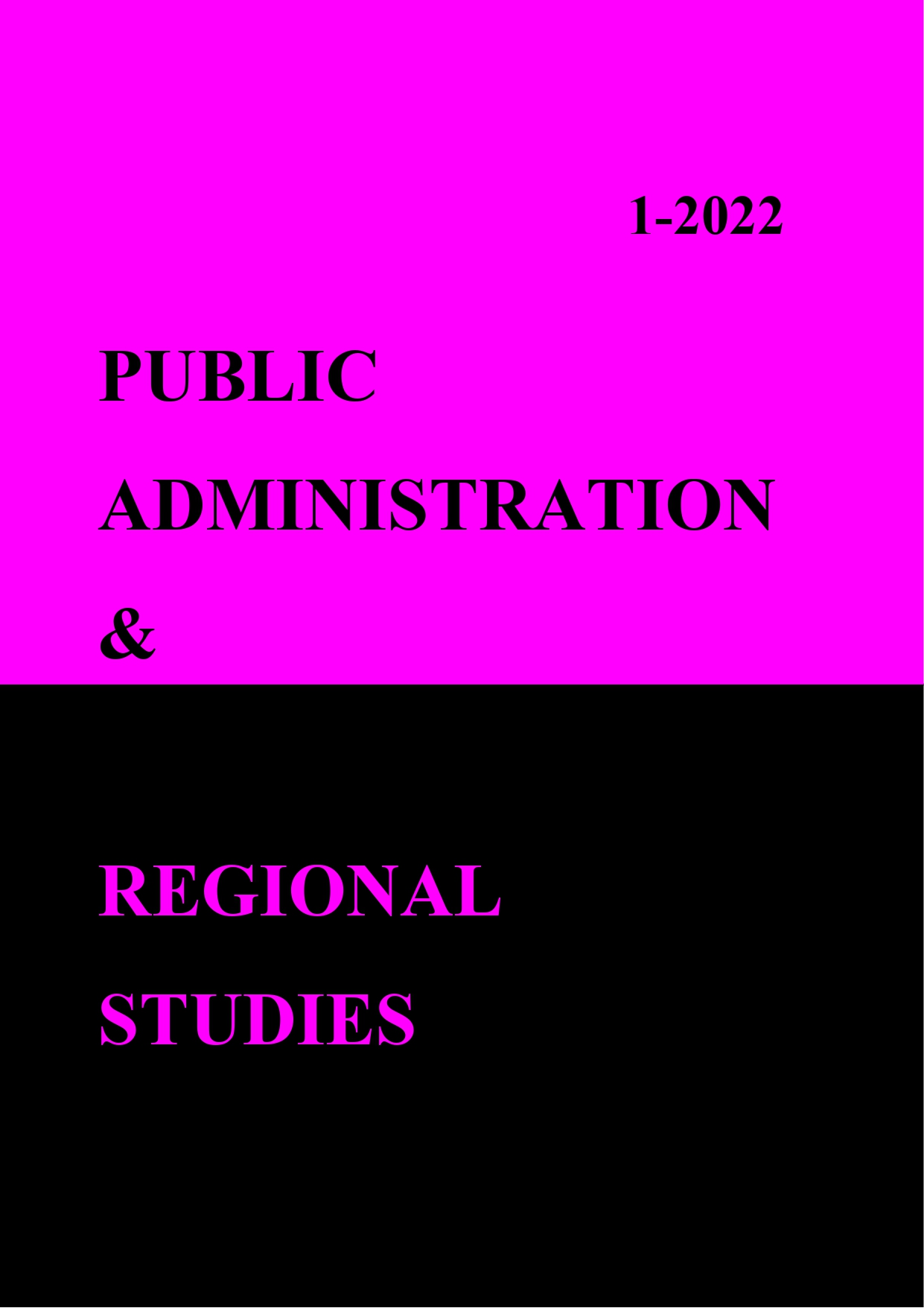
Tra filosofia e teologia: l’aspetto “negativo” del concetto di persona alla luce della definizione di calcedonia e alcune sue ricadute antropologiche | Between philosophy and theology: the “negative” approach to the concept of person in the light of
The Gaudium et spes constitution teaches where the answer to all the questions about man is to be sought: in the Incarnate Word, in Jesus Christ, “the new Adam” (No. 22). The Constitution relates here to the councils which explored the mystery of Christ, including the Council of Chalcedon (451), thus indicating anthropological meaning of its definition of faith. This article, based on analyses of Alois Grillmeier and Adrian Măgdici, discusses modern philosophical issues in the definition of person and, as a solution, proposes its Christological distinction from the concept of nature introduced by the Chalcedon (person is not nature: two-level ontology) to draw from its “negative” approach certain anthropological conclusions, important for our modern Western civilization called “anthropocentric” precisely because it incorporated person and its key status from Christianity.
More...
